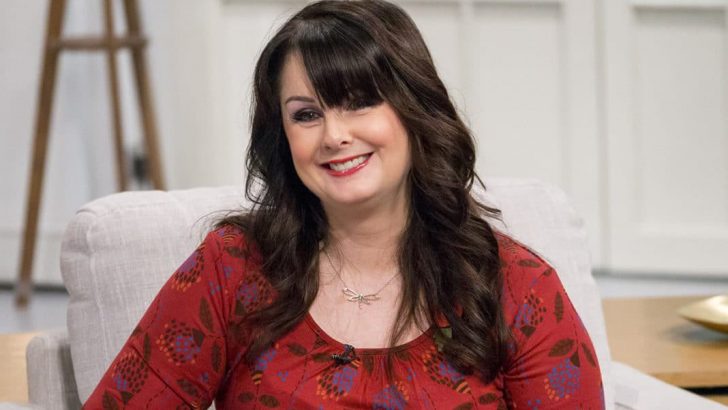When it comes to adopted people acquiring the right to trace their birth parents, I can imagine various scenarios, drawn partly from experience of cases I’ve known.
One is of an older woman who, back in the 1960s, had a baby when single. At the time, she was assured by everyone who knew of her situation that this was in the best interest of the child – and herself. She was only 16 when she had the baby.
She was hoping to go to art school, but fell under the spell of an older man who seduced her and took no responsibility when she got pregnant. The baby was duly adopted, not without grief, but also, back then, with a certain degree of relief and she got on with her life. She went to college and subsequently married happily and had three more children.
Claims
She doesn’t know how she will feel if that adopted child – now in his 50s – contacts her. She had signed a document renouncing all claims. She fears being made feel guilty, or accused of “giving away” her child. She also wonders how this could affect the dynamics of the rest of the family, or even inheritance issues.
Second scenario: a woman raised in an orphanage in Connacht, where conditions were austere but not cruel, tried for some years to trace her birth mother. At first, she came up against a blank wall, and no information was forthcoming.
But gradually she unearthed some facts and pieced a narrative together. Her birth mother checked into a nursing home in Dublin in the 1950s, in an advanced state of pregnancy. She duly gave birth to the daughter, born fit and well. But soon after the birth, the mother simply vanished. She had given a fictitious name, and could never, afterwards be identified. It was clear that she never wanted to be traced. But could new DNA developments help to identify her?
There are many other scenarios in this complex family web: the adopted person who feels they can never know who they truly are until they are given full access to their birth information: the adopted person who gets to be happily reunited with a biological family: and then the adoptee who experiences disappointment, and sometimes a rejection.
I know a case where a man who responded by telling his biological offspring who turned up at his doorstep: “A one-night stand doesn’t make me a father.”
There are as many stories as there are individuals – all requiring understanding of the complexities of social circumstances, limited options and usually, people just trying to rescue a crisis situation as best they could.
*****
Marian Keyes [pictured] is a delightful writer, and generously donated the royalties from her book Under the Duvet to the Simon Community. She deserves honour for that. But the honorary doctorate bestowed on her by Limerick University was for services to gender equality, which I believe is a tribute to her support for Repeal the Eighth Amendment.
It is inconceivable that anyone who campaigned to retain it would be thus honoured, I fear.
*****
Be aware of cost of emigration
Geraldine Kelly of Drogheda, in our letters page last week, asked if I, too, didn’t emigrate as a young woman. So how would I blame young Baltic workers for leaving their homeland for job opportunities?
Perhaps I feel, somewhat self-deceptively, that I never really emigrated as I was always able to keep a base in Ireland. When Ryanair introduced cheap air fares that made it easier to aspire to the gift of bi-location, and be in two places at once (London and Dublin).
But yes, I did get offered a big job in London in the 1970s, and felt I should accept. And I take Geraldine’s point – that’s exactly what happens to draw the young abroad. No blame to them. But we should be aware of the economic policies that drain a mother country when the young emigrate in large numbers.


 Mary Kenny
Mary Kenny Marian Keyes
Marian Keyes 